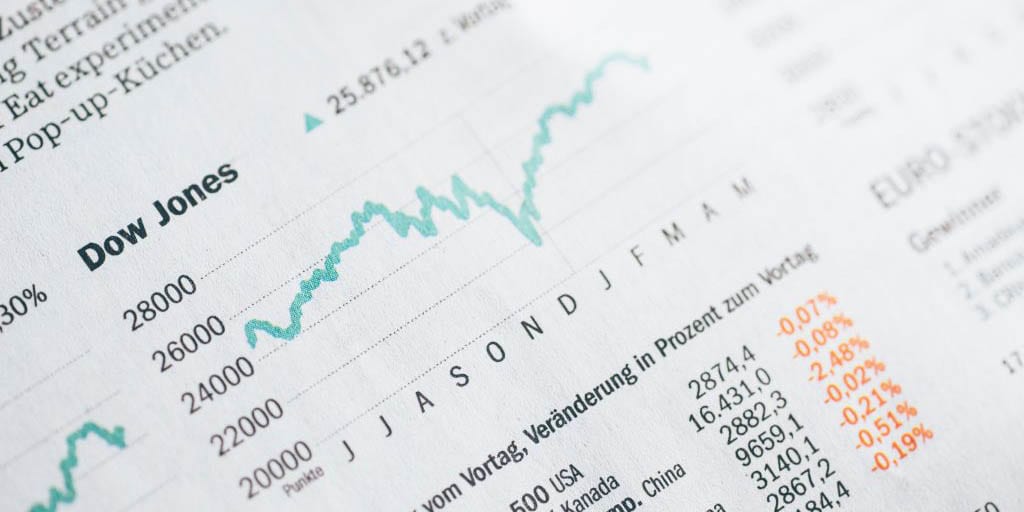Climate Change
News

Consider a single carbon tax to make net zero work, economists say
Moving the economy to net zero – emitting less carbon dioxide than it consumes – will be messy and expensive unless the government has a radical rethink about how to simplify its approach to taxing greenhouse gas production.

‘Please put a price on carbon’, says Europe’s biggest utility
Countries need to put a price on carbon to help the world cut greenhouse gas emissions and limit climate warming to agreed targets, the head of Europe’s biggest utility said on Tuesday.

Britain’s confused approach to carbon pricing
A reluctance to raise the cost of natural gas is understandable, given that poorer households spend more of their income on heating their homes. But it only further underscores the importance of joined-up, coherent thinking about how Britain can hit its net zero emissions target by 2050.
Reports

Biodiversity, Natural Capital and the Economy: A Policy Guide for Finance, Economic and Environment Ministers (OECD)
This report provides the latest findings and policy guidance for G7 and other countries in four key areas: measuring and mainstreaming biodiversity; aligning budgetary and fiscal policy with biodiversity; embedding biodiversity in the financial sector; and improving biodiversity outcomes linked to international trade.

Carbon pricing insights from Vietnam (ANU Zero-Carbon Energy for the Asia-Pacific Project)
Reducing greenhouse gas emissions is a matter of national interest for Vietnam, one of the most vulnerable countries to global climate change. Serious local air pollution, particularly in large cities, has also increased the case for effective emission reduction policies.

Fiscal Policy and Climate Change: Recent Experiences of Finance Ministries in Latin America and the Caribbean
This publication presents recent experiences of finance ministries in the Latin American and Caribbean region in three crucial areas of intervention where climate change issues and the responsibilities of these ministries merge. In addition, it presents key elements for designing fiscal policies that contribute to sustainable growth.
Policy Briefs

Carbon tax, cross-border carbon leakage, and border tax adjustments
This column analyses the effectiveness of carbon taxes and border tax adjustment policies in reducing emissions and shaping firms’ decisions on abatement investment and firm location.

Food Finance Architecture: Financing a Healthy, Equitable and Sustainable Food System
Today’s food systems generate $12 trillion in hidden social, economic, and environmental costs. It prioritizes volume over nutritional value, fails to pay a living wage while creating sizeable profits for a concentrated set of players, and treats the natural environment as an infinite resource – resulting in massive waste and undermining the stability of the entire food system and global economy.

Green Recovery for Practitioners: Examples from around the world for building forward better (GIZ)
Looking at how communities, cities and countries have put the idea of a green recovery into practice, this new report presents a compilation of 23 examples from more than 20 countries worldwide.



